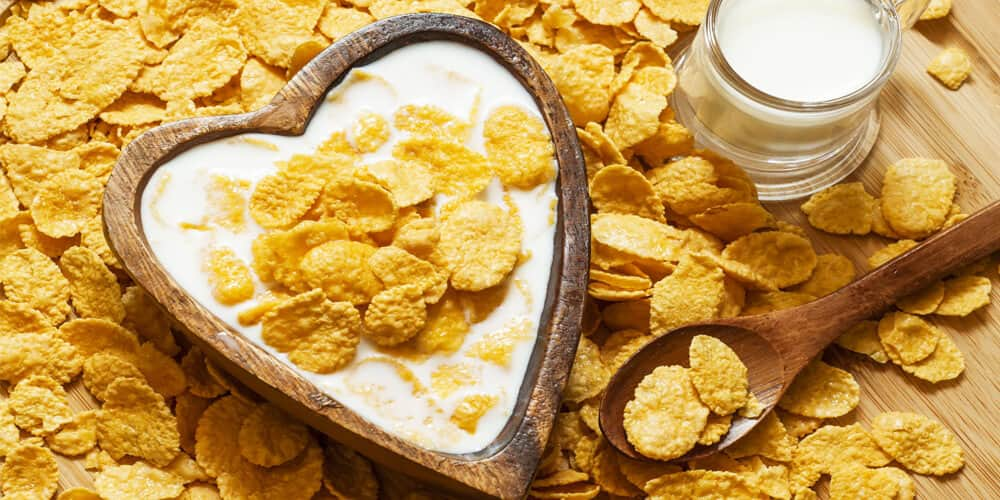
Benefits of Breakfast
It is universally recognized that regular consumption of a healthy breakfast plays an important role in attaining optimal nutritional profile by promoting a healthier intake of macro and micronutrients.
Incorporation of breakfast cereals as part of a balanced breakfast provides a great opportunity to include important benefits of grains in the diet. Cereal provides complex carbohydrates including dietary fibre and proteins. They are typically low in fat, nutrient dense and in most cases fortified with many essential vitamins and minerals. They are not only convenient but also provide the much needed nourishment.
Why Cereal?
Breakfast cereals represent a nourishing breakfast choice which is widely accepted.
Regular breakfast cereal consumers1 :
Ready-to-eat breakfast cereal eaters also tend to have healthier body weights and have reduced risk of developing lifestyle related disorders like CVD, type 2 diabetes, hypertensions etc.1
Cereal is a morning rock start because it…
What a cereal and milk breakfast can do for you!
Break out the breakfast bowl!
A serving cereal with fruit and milk makes a great balanced breakfast. But you can enjoy cereal in many other ways.
Therefore, ready to eat breakfast cereals can be recommended as part of a healthy balanced diet and on active lifestyle.
1 Williams PG. The Benefits of Breakfast Cereal Consumption: A Systematic Review of the Evidence Base. American Society for Nutrition. Adv. Nutri. 5:636S-673S, 2014.
Keeping you up-to-date on all things health and nutrition

It is universally recognized that regular consumption of a healthy breakfast plays an important role in attaining optimal nutritional profile by promoting a healthier intake of macro and micronutrients.

USDA recommends that a “balanced breakfast” should be one that is nutrient dense (that is high in nutrients and low in calories).
Mars Completes Acquisition of Kellanova. Read More